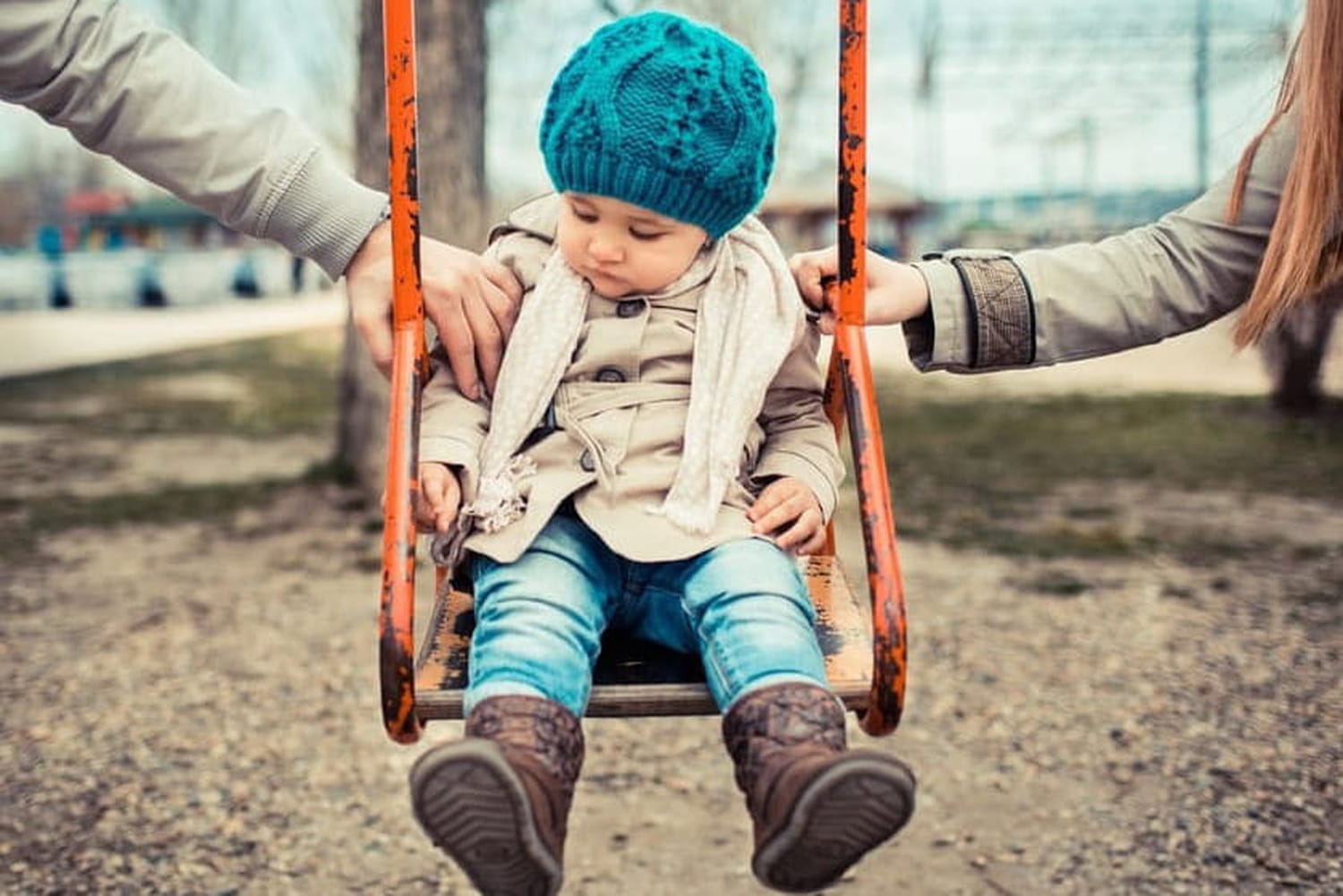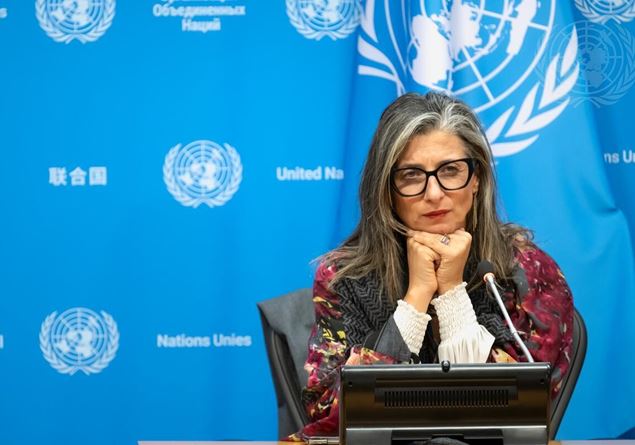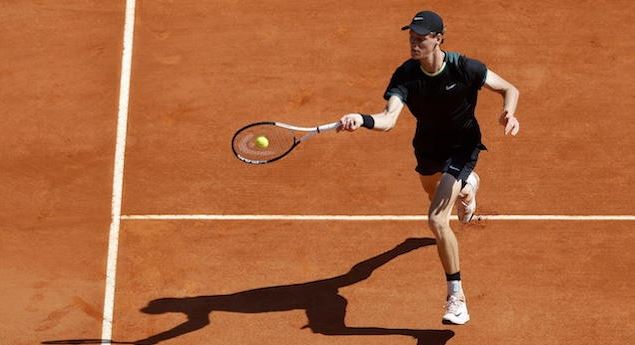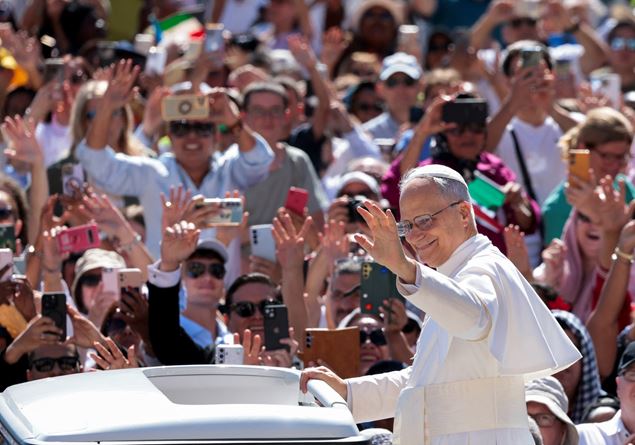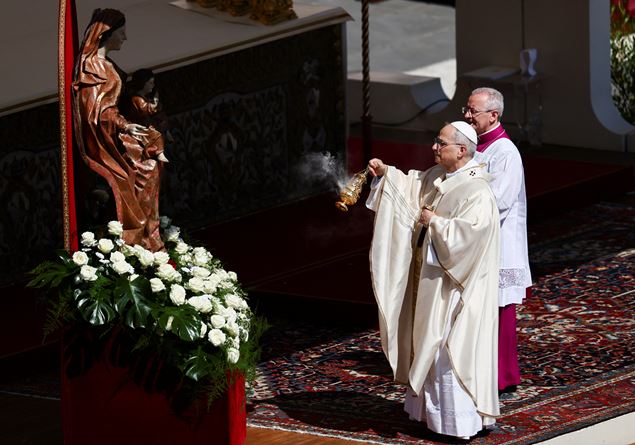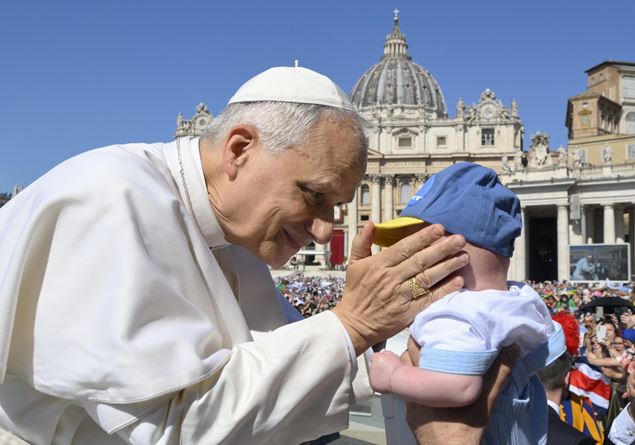In the pages of When the world sleeps (Rizzoli), at a certain point Francesca Albanese confides his thought full of amazement: “How pain they can contain such small bodies”. Albanian thinks of the Palestinian children, those under the gaza bombs and those harassing in the West Bank, perhaps orphaned children, forced to leave their homes, without schools to study.
In his latest book Francesca Albanesethe Special UN speaker on the occupied Palestinian territory, tells a journey marked by ten people who accompanied her to understand history, present and future of Palestine.
The title of the book is an act of accusation, against a world that sleeps in front of the wrongs that the Palestinian population is suffering. Yet in recent weeks in the international community there seems to be a change of tone. The criticisms of the policies of the Israeli government more to the right and extremist ever are becoming more frequent, the German chancellor Merz has also broken a taboo by explicitly criticizing Israel. Maybe silence is becoming less deafening? “Yes. It is so”, he recognizes Albanese, “but the title of the book captures a very long space and time, thirty years that have allowed us to arrive at this point. Today I finally notice an impossibility of denying the evidence. Whoever looked at the events of Gaza and the West Bank day after day for 600 days has no doubt that this awareness is insufficient, although necessary”.
In the opinion of Albanese, “we must ride this political moment to bring to the end of the genocide and there is only a peaceful way to do it: interrupting military aid towards Israel and suspending commercial agreements, that is, applying sanctions. There is no other choice. Although it would have been right to impose sanctions years ago, not now, after 600 days of war and 60 thousand Palestinian deaths”.
Albanian defines himself as “a jurist who works as a technical expert” of the United Nations. “I study the facts and prepare relationships in the light of international law,” he says. Not being a diplomat, he does not use the plus language of diplomacy. Albanian describes the events of Gaza and the West Bank speaking openly of “genocide” and “Apartheid”. A frankness that makes it the subject of criticism, even ferocious. “I have never justified Hamas and anti -Semitism, I have always been on the side of those who are the victim of a violation of international law, which are the Israelis on October 7, 2023 and the Palestinians before and after 7 October. The criticisms they turn to me are a distraction weapon,” he replies.
“The will of genocide”, he explains, “is clear in the words of the exponents of the Israeli government, who wanted to hit the Palestinians of Gaza, considering them animals to which to cut food and help, to be bombarded even if they are children”.
Convinced that the Palestinian one “is not a humanitarian crisis to be managed in perpetuity, but a political question to be resolved pursuant to international law”, In the coming weeks Francesca Albanese will publish a new relationship that he considers among his most important. “It will be an accusation of a system because I will focus on the economy of employment, that is, all those ganglia, mechanisms, actors of the economic, financial, academic sector linked to scientific research that made it possible for the forced displacement of the Palestinian population. Out of a thousand companies I have analyzed fifty and I have accused them of being connected in various capacities to this employment economy. The West “.
In our interview Francesca Albanese repeats her amazement for the strength of the Palestinian childhood so hard affected. “Those children, despite their pain, remained peaceful and hopeful. There are tens of thousands of children who remained without parents and the fear is that in this tank of abandonment it can germinate the seed of new violence. But I am convinced that with all the love of the world, when everything is over, we can recover these children, restoring them all that has been stolen from him”.
Albanian does not believe in the spiral of endless hatred. “I was in the United States during the explosion of the protest movement Black Lives Matter And the exponents of the movement repeated: we will not give you won, we will not hate you as you hated us. These are phrases that I also heard from the Palestinians. Despite the precariousness of their life I heard them repeat: ‘You will not be able to get us hated’. We must feed this desire for justice, not of revenge “.



